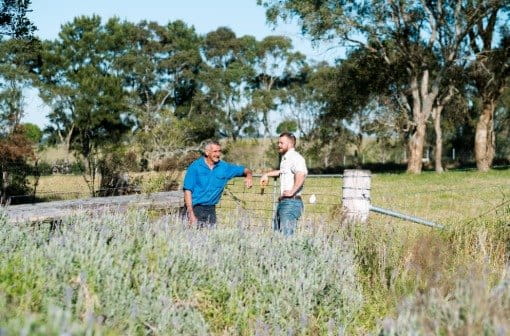Real Wellbeing is being in balance
Sometimes life can feel overwhelming, a constant juggling act. We believe that being in balance is key to Real Wellbeing. Explore tips and research that will help you find balance and achieve Real Wellbeing.
What is Real Wellbeing?
Life is a constant juggling act
Finding balance is no easy task. Real Wellbeing relies on a range of factors that bring balance and satisfaction to your life.
.jpg?h=336&w=510&hash=B37C7FF05E4E4A434120D2C49C5E6910)
Caring for our informal carers

The secret to a balanced life
.jpeg?h=336&w=510&hash=32225ACAD0F194D112C3B2F9A7BB84D3)
What does “being in balance” really mean?
The latest tips, tools and stories
Health
Healthier lives from the inside out, top to toe
Ready to make some changes but don’t know where to start? Find some inspiration to improve your physical and mental health.

Time? Or nutrition? Strategies for finding balance

How to care for someone who cares for another

My journey to a HealthierMe
The latest tips, tools and stories
Money & finances
Financial wellbeing for every stage and change
Saving? Budgeting? Investing? Find out what financial wellbeing could look like for you.

Smart money, strong future: why financial literacy matters

Boost your finances and wellbeing with Wellplan Rewards

Cyber security in the age of AI
The latest tips, tools and stories
Goals & planning
Plan for the best (and the worst)
Whether you’re ticking off the big things or just getting your life in balance, we’ve got tips and tricks to help.

Looking beyond the disability for your next hire

Your pregnancy tests and appointments

How to choose where to give birth
The latest tips, tools and stories
Community & relationships
The people & places that make us who we are
Having a network to share our success with or support us in tough times is critical for wellbeing, so it’s important to keep those ties strong!

The art of giving back

Balancing a social life with life




.jpg)


.jpeg)
